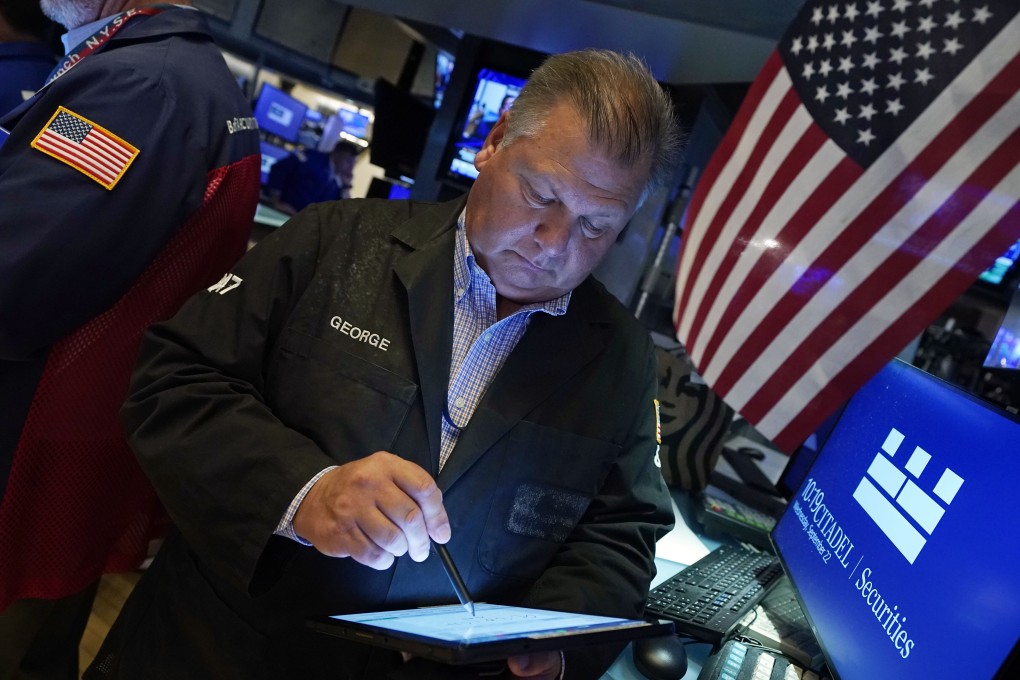US takes new step on delisting Chinese companies from stock exchanges for audit violations
- Rule threatens hundreds of Chinese businesses trading on US markets
- Regulation is latest step in Washington’s broader pursuit of financial decoupling from Beijing

The US audit watchdog adopted a new rule on Wednesday that will help the board force companies flouting US audit regulations to delist from US exchanges, a move that threatens hundreds of Chinese businesses.
According to the rule, which was first proposed in May followed by two months of public comment, all companies with headquarters in a jurisdiction where the authorities refuse to let businesses comply with US regulators will be considered non-compliant, with limited exceptions.
The statute adopted by the Public Company Accounting Oversight Board (PCAOB) does not mention China, but clearly refers to it since Chinese authorities – citing state secrecy laws – refuse to make available auditing results of companies based there.
The adoption of the rule was the biggest step yet by the US toward instituting the Holding Foreign Companies Accountable Act (HFCAA) that became law at the end of 2020. Under the law, foreign companies listed on US exchanges will face delisting if they fail to turn over audit results for three consecutive years.

The move is part of the broader financial decoupling from Beijing that Washington has pursued in recent years.
